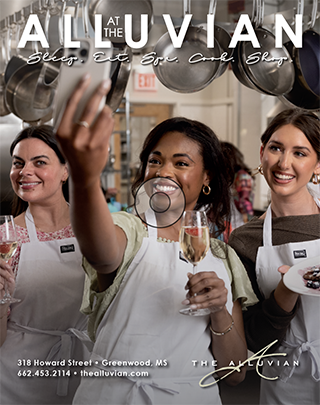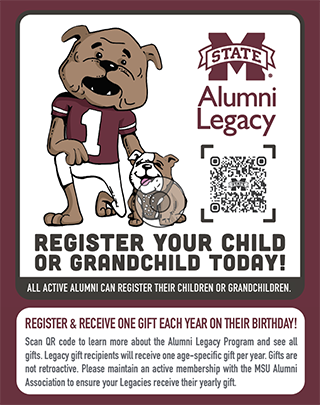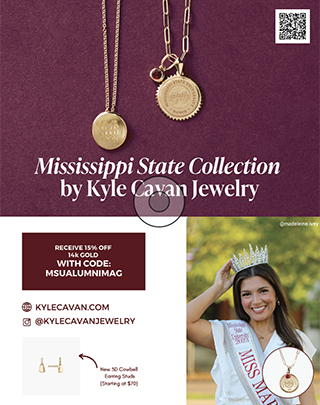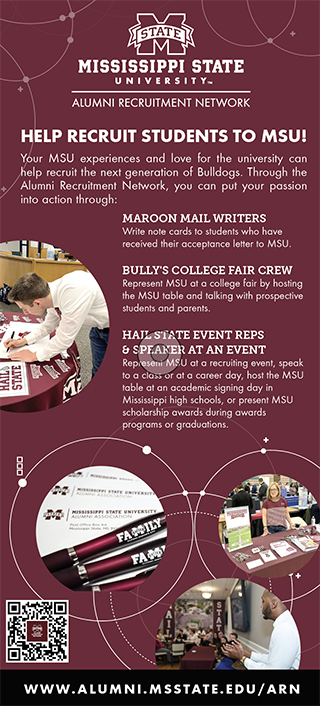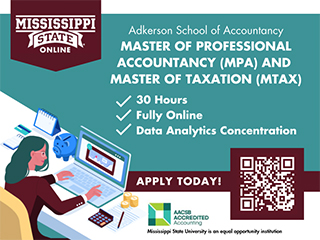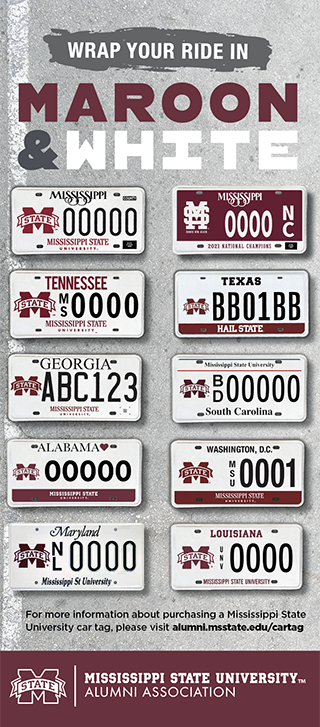When Devin Hutchins makes a point, it’s not achieved on the court. It might, however, one day happen in a court.
The philosophy and economics double major plans to one day attend law school. Until then, he’s matching wits with college students from across the country as a member of Mississippi State’s Speech and Debate Council. It was in those competitions that his clearly articulated, well-reasoned arguments helped the university score enough points to be named national champions.
The Bulldog team claimed the honor in April at the 2024 International Public Debate Association National Tournament, marking the university’s first overall team championship. The event was hosted at Mississippi State with 50 colleges and universities from across the country coming to Starkville to compete.
Cheryl Chambers, who serves as one of the team’s coaches, said MSU’s dominance at the event is a testament to not only the students’ skill in forming and presenting logical arguments but also their ability to function as a team.
“Winning a national championship is not just one person getting all the way to the end,” said Chambers, an instructor in the department of communication. “It’s a culmination of the team performing really well overall and having multiple team members who kept progressing through the competition in their respective divisions.”
The national tournament followed International Public Debate Association rules and format. Brett Harvey, the team’s co-coach and debate specialist, said this style is meant to be accessible and public facing, which means debaters must balance evidence and logical arguments presented in a thoughtful and approachable way.
He said this style of debate has become the most common across the country and is a style that highlights Mississippi State’s strengths.
“We focus on balanced debating that mixes evidence, skillful delivery, likability and logic,” said Harvey, who is director of federal regulatory compliance at MSU. “We are a really, well-rounded team. The students put a lot of effort into pretournament preparation to make sure they understood the topics that were likely to come up. And, most importantly, during the tournament, they were incredibly supportive of one another.”
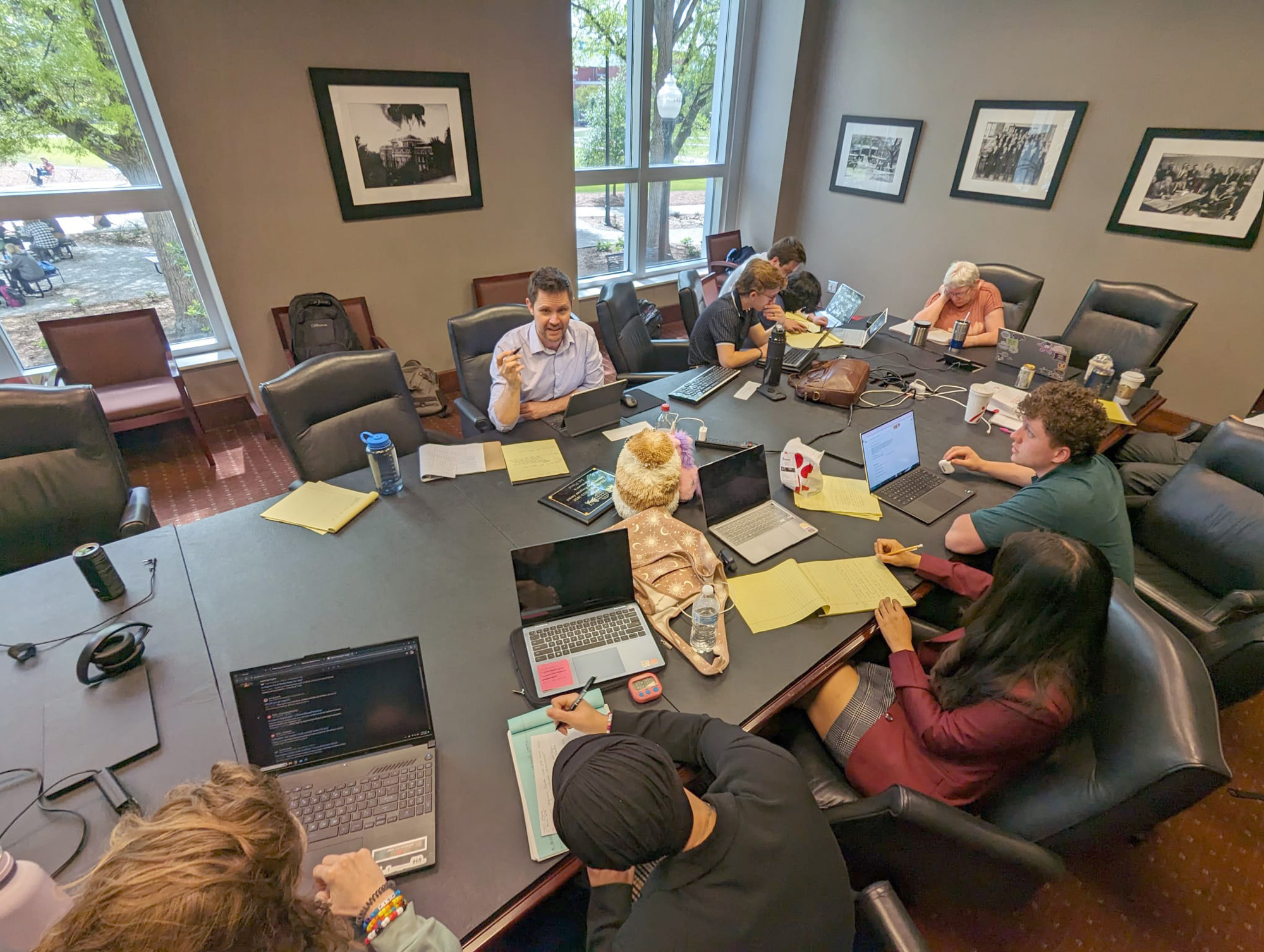
Harvey explained that in IPDA competition, debaters are given their topics roughly 30 minutes before the debate. That means they have less than half an hour to educate themselves on a subject and form a cohesive argument. While everyone has access to the internet, including news and academic databases, Harvey said MSU’s secret research weapon was the students.
“Rather than prepare alone, they worked together to make sure everyone on the team was prepared,” Harvey said. “That included preparation before the tournament so when they were given topics, the whole team already had a good foundation. That meant the actual tournament prep time could be used to really hone in on the important points and prepare what they would say during their debate.”
All told, the Bulldogs brought home multiple season and tournament honors, including first place sweepstakes in Overall, Founders and Scholastic divisions at the National Championship Tournament; and the 2023-24 season-long Professional Program, Varsity Program and Team Debate awards.
More than a dozen Bulldogs won individual accolades at the National Tournament, including Hutchins who was named Top Speaker in the Professional Division.
“Debate requires a lot of attention,” the senior from Hernando said. “I’m constantly reading the news, culturally impactful academic papers, books, and more. That’s what has kept me interested in debate—the opportunity to engage with contemporary issues through a, mostly, stimulating intellectual medium.”
A member of MSU’s speech and debate team since his freshman year, Hutchins said his interest in debate has grown throughout the years. He said he believes his experience with the team will help him in his future career as a lawyer but that it has also affected how he interacts with the world.
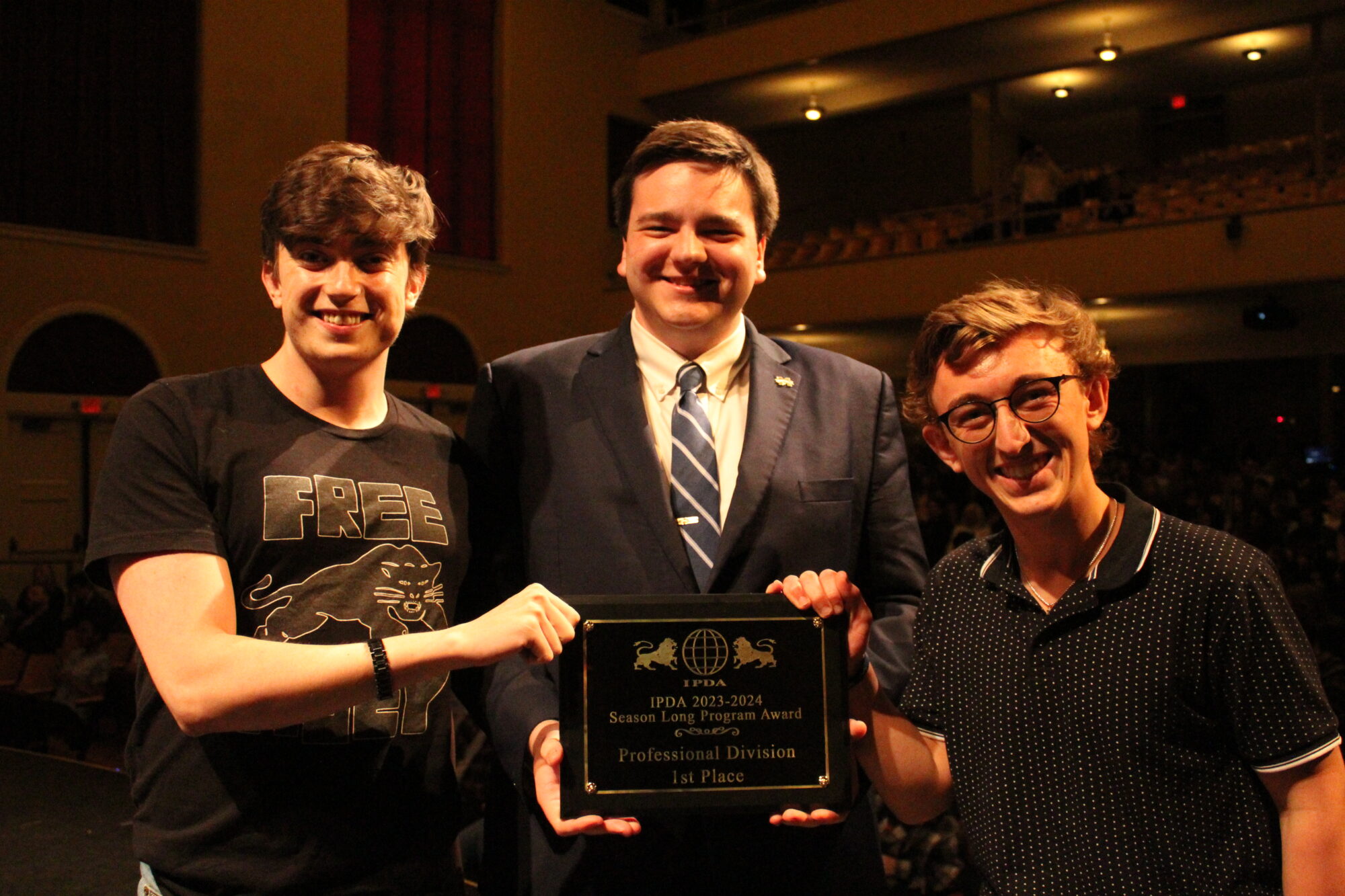
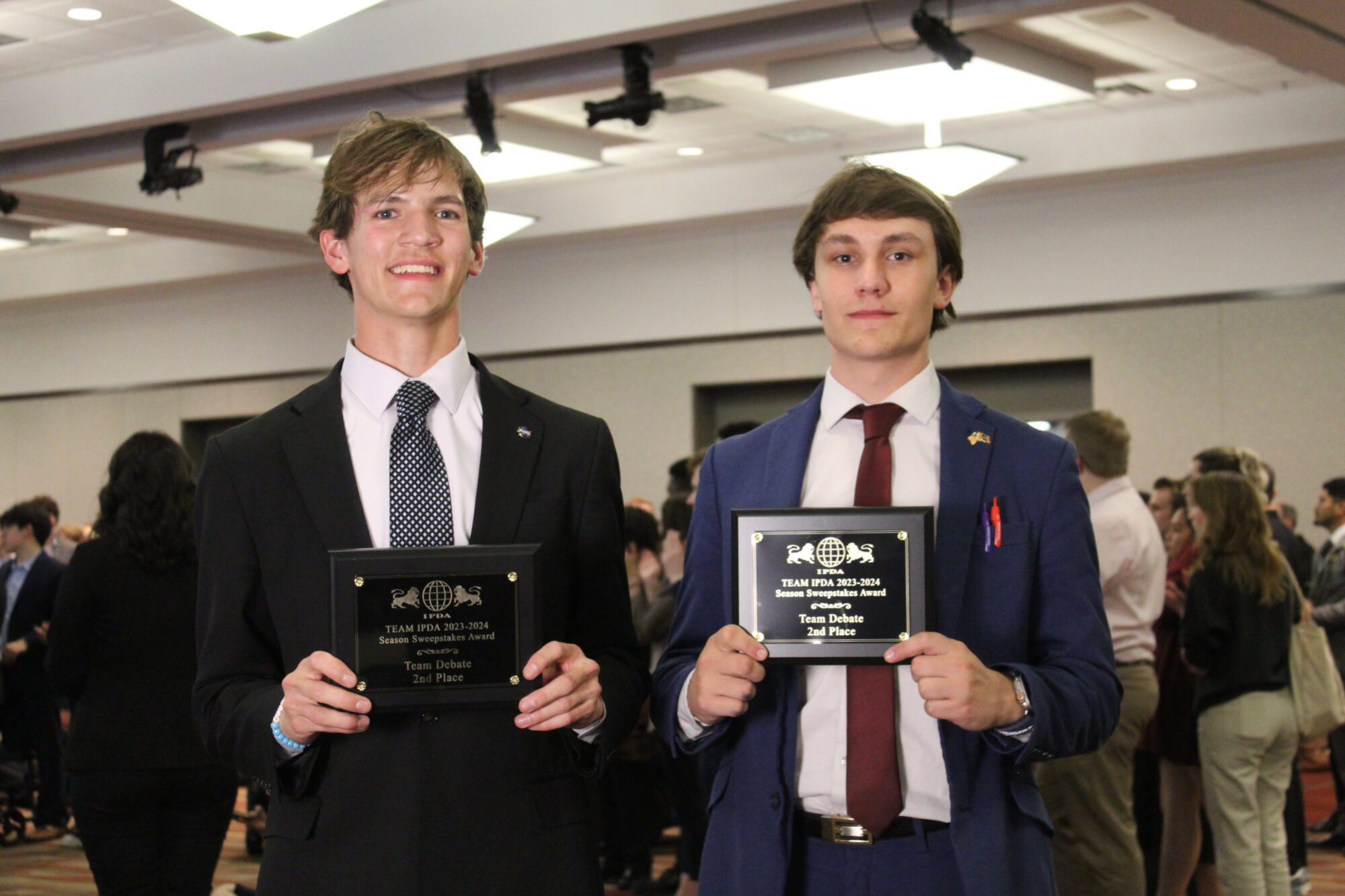
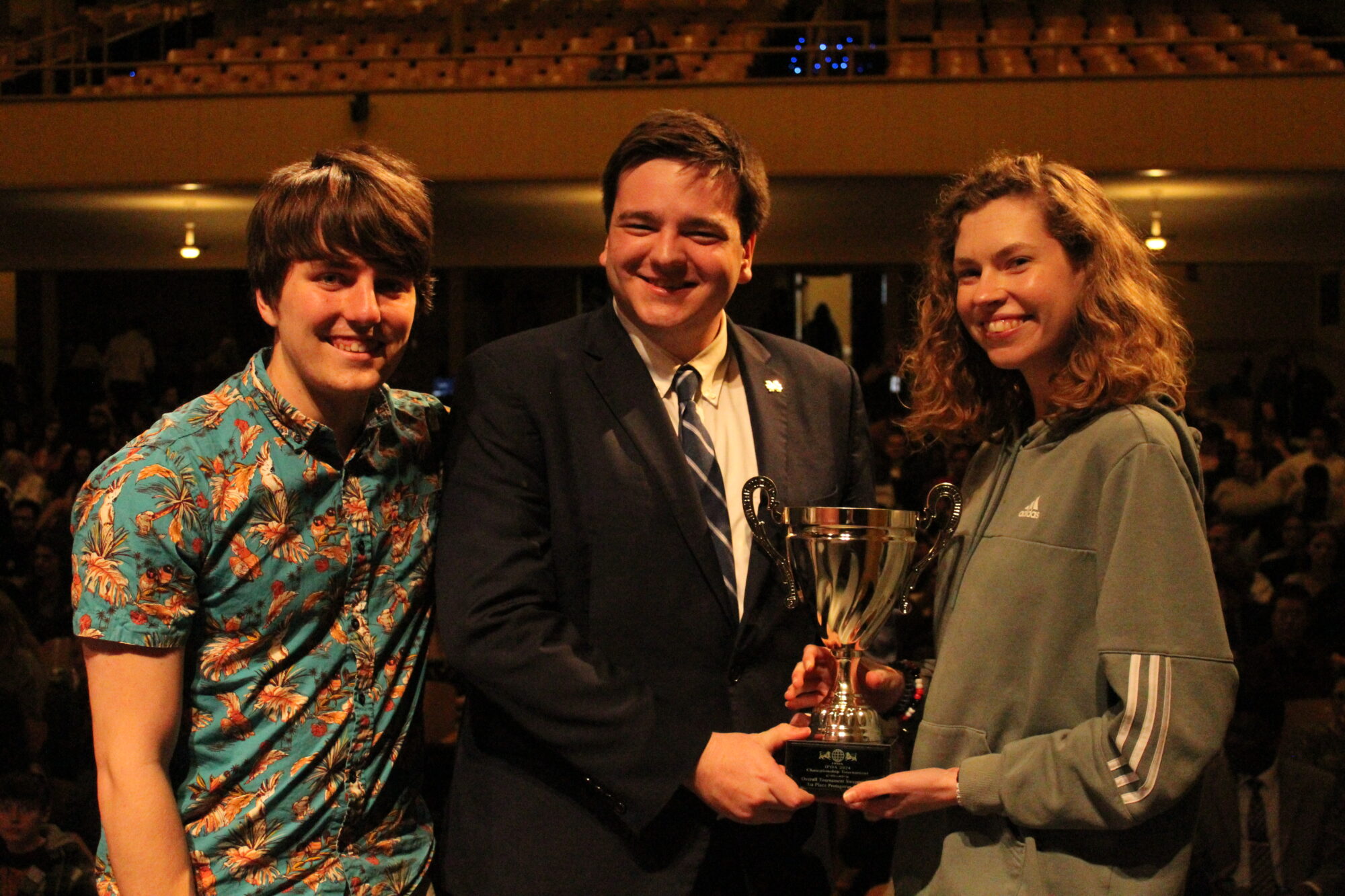
“I think that, generally, debating, paired with the sage coaching our team receives, has imparted really rare and crucial life skills to me,” Hutchins said. “Being on a team as competitive as ours has pushed me to become a better debater but also a better overall person.”
Debate is often thought of as an extracurricular activity for those interested in political science or law; however, Chambers is quick to point out that the 40-member MSU team is comprised of majors from across campus.
“Yes, we have a large number of team members who have aspirations to go to law school but we also have students who are in engineering or education or pursuing medical school,” Chambers said. “Our team members have very different life goals, and the skills that they are learning will translate into a lot of different areas.”
Chambers said that, most notably, participating in debate improves critical thinking and public speaking skills—things that can serve any one, in any field, for a lifetime.
‘In a debate competition, you’re not going to get away with shallow thinking. You have to put thought into what you’re speaking on, do the research and be able to pick apart someone else’s argument,” Chambers said. “Distinguishing clean fact from opinion is integral to what debaters do.
“Debating almost always requires that you build confidence, too,” she continued. “With that, our students feel more confident in job interviews, speaking with people in positions of power and presenting their thoughts to an audience. Many of our students go to graduate school and higher level positions because they have the skills to compete for those spots.”
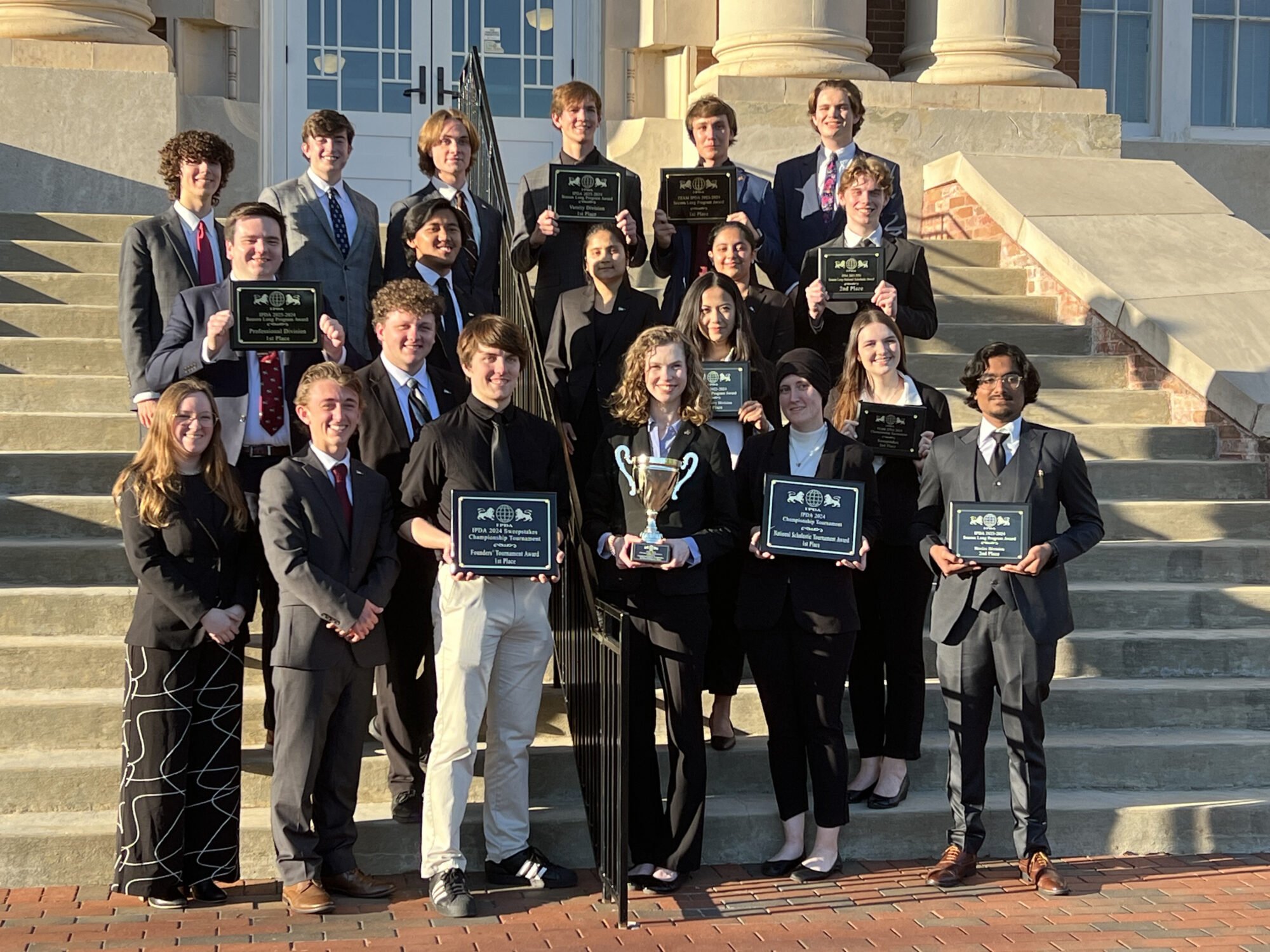
That benefit isn’t lost on students. Since its inception in 2015—when around 10 students approached Chambers about starting an intercollegiate speech and debate team at MSU—the team has grown to include approximately 40 students and built a national reputation. Over the years, MSU debaters have won multiple individual national championships and awards, with this year’s team win cementing MSU’s status as a top program.
Harvey said that growing interest in the team and its national presence is especially impressive given that Mississippi State does not currently have scholarships available to participants.
“Mississippi State is one of very few elite-level programs that does not offer debate scholarships,” Harvey noted. “That means we recruit mainly from the regular student body, so our team’s success is that much more impressive. It’s something I’m very proud of.
“We have some students who never participated in debate until MSU,” he continued. “Their ability to come in and be successful—to refine the necessary skills, think on their feet and take on these more experienced challengers—speaks highly of the quality of students at MSU.”
Now in his last year as an undergraduate, Hutchins said he is proud of what the team has achieved and looks forward to a senior year that will bring even more success on the debate stage.
“The hope this year is the same as it is every year: be better than we were the year before,” Hutchins explained. “We’ve got the momentum and are excited to keep going.”
By Susan Lassetter, Photos Submitted
Tips for Public Speaking
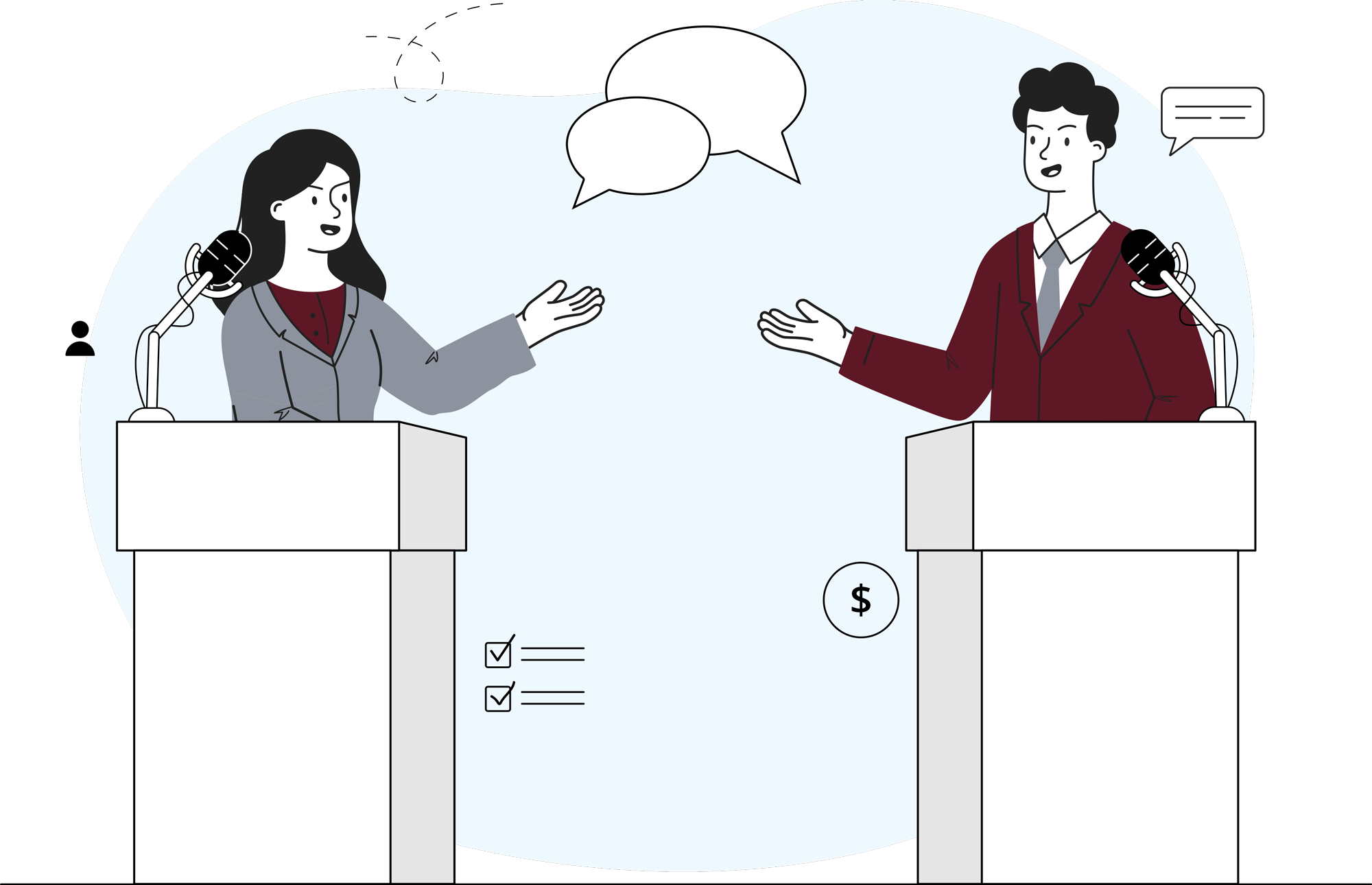
For some people, speaking in public is no big deal—you stand up, say your piece and sit back down. For others, the mere thought of all those eyes and ears induces a panic akin to being chased by a large predator.
For these individuals, there is no limit of homespun wisdom meant to calm their nerves and make public speaking a more tolerable task. But while “picturing the audience in their underwear” might work for some people, it’s not exactly evidenced-based or a best practice.
Instead, Cheryl Chambers, speech coach for MSU’s Speech and Debate Council, offers the following as tried-and-true tips for being a successful public speaker.
- Be prepared – Be well informed about your topic and have an outline of the points you want to make.
- Practice aloud – Stand up, in as realistic an environment as possible, and deliver your speech as if you’re talking to an audience.
- Visualize success – Push out the negative thoughts by picturing things going well. Remember times you’ve been successful. Be confident in your knowledge of the subject and picture the audience–fully clothed–being receptive.
Finally, she says to not expect perfection, which can set you up for a stumble if something doesn’t go quite right.
“Nobody is perfect. You won’t give a ‘perfect’ speech,” she explains. “In public speaking, there are so many variables and so many factors outside of your control that there will always be mistakes. Most of the time, the audience won’t even notice. But if you accept that some things might happen that are not ideal, it will be easier for you to brush it off and keep going.”




